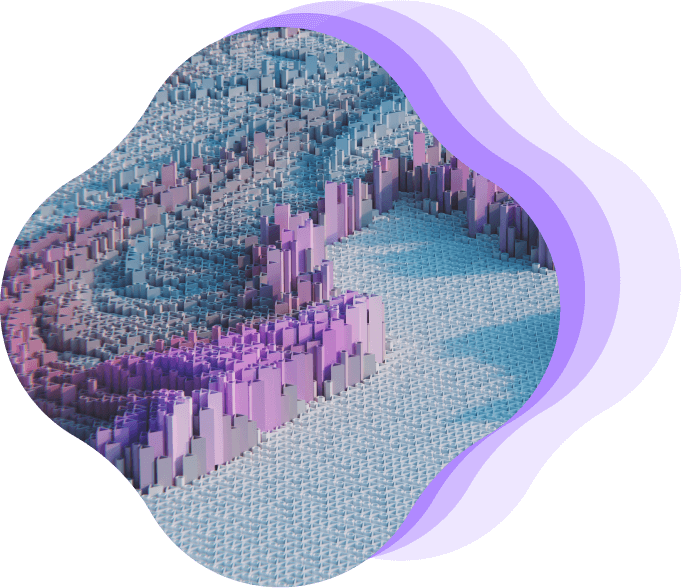
Digitalization Lab AICA
The Digitization Lab „Artificial Intelligence in Culture and Arts“ (AICA) aims to equip students at the University of Music and Theatre and the University of Applied Sciences Munich with competencies that enable them to actively shape AI-based processes in various artistic and creative fields and to drive AI innovations in the cultural and creative industries. This project is funded by the Bavarian State Ministry of Science and the Arts and coordinated by the Bavarian Research Institute for Digital Transformation (bidt).
